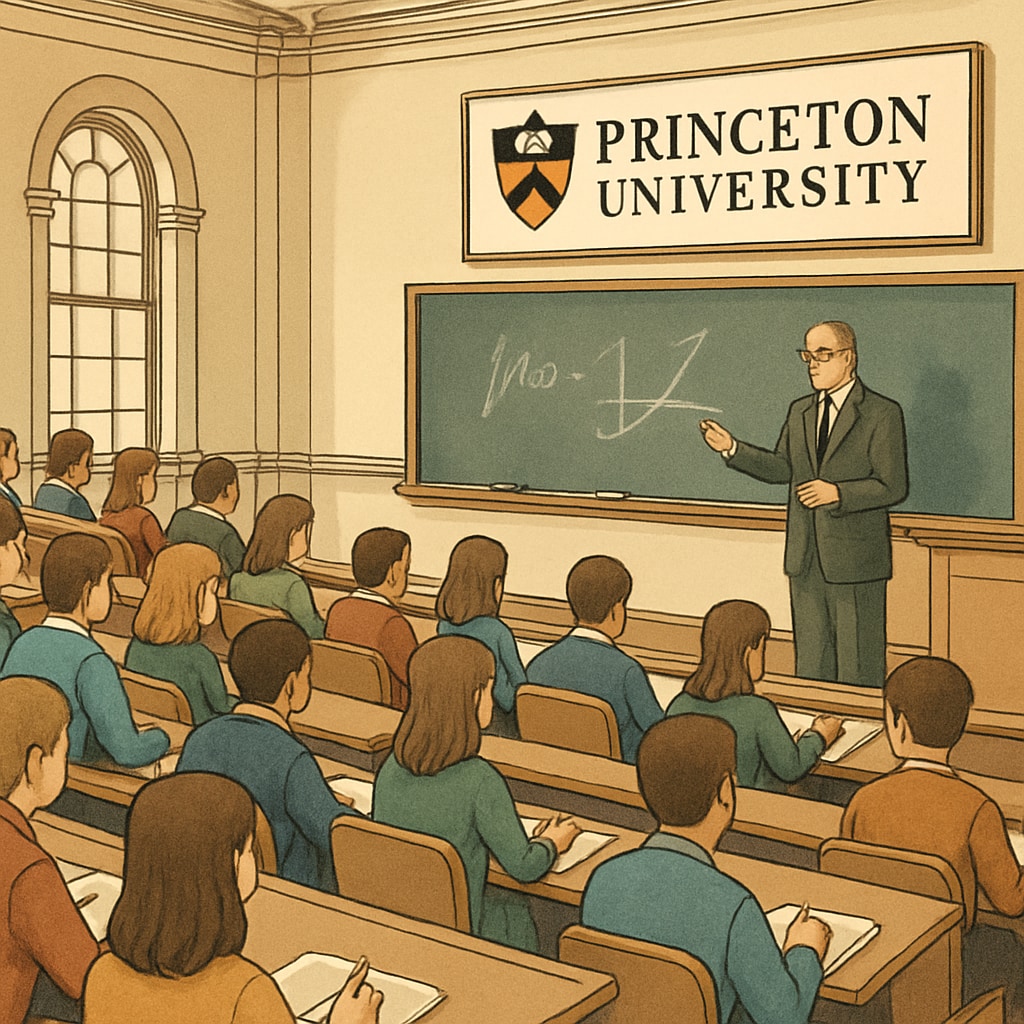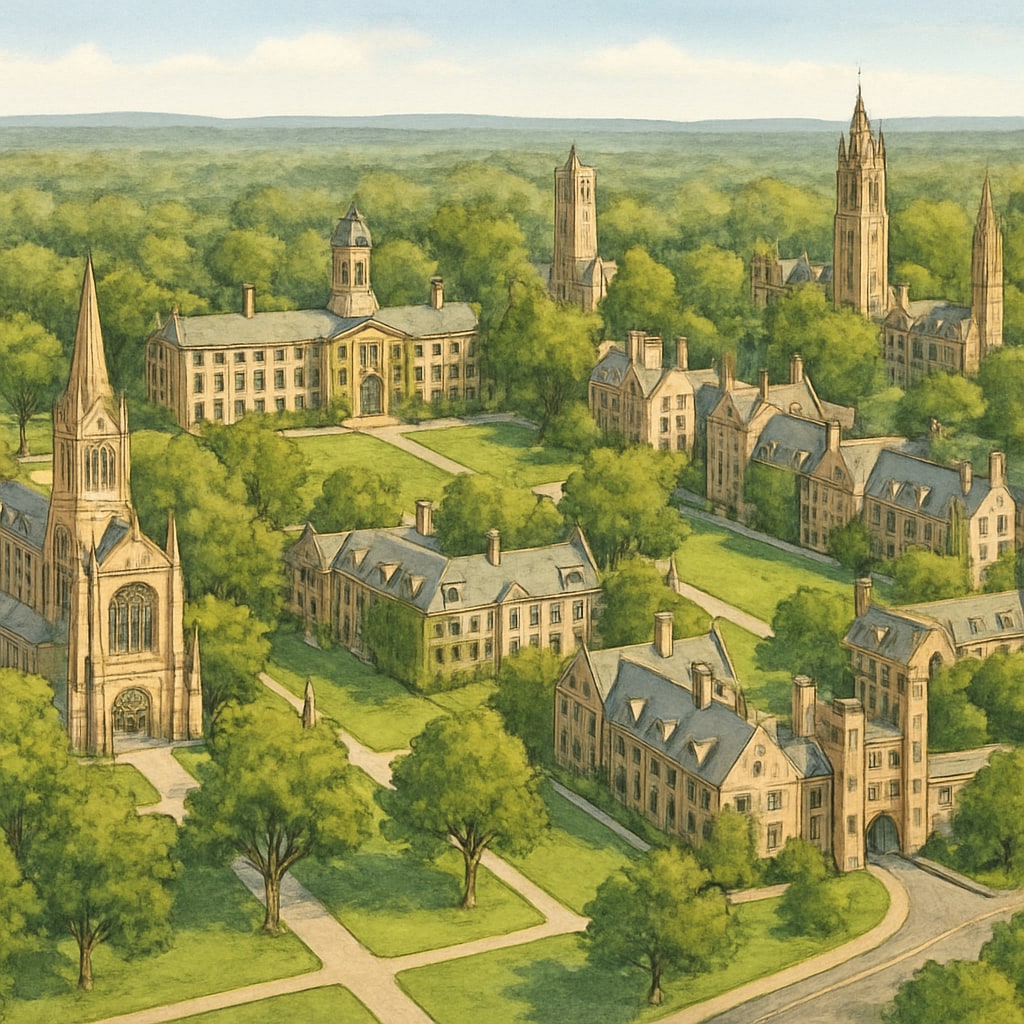Princeton, Ivy League, and their reputation as the pinnacle of academic excellence have long been held in high regard. However, are these institutions truly delivering on their promises of superior education and unparalleled opportunities, or are their reputations overestimated? This article delves into the myths surrounding elite Ivy League schools and examines whether their glowing prestige aligns with the actual value they provide to students. We also discuss how parents and students in the K-12 education system should approach the allure of these institutions rationally.
Questioning Ivy League Prestige: Is Reputation Enough?
The Ivy League has become synonymous with prestige, privilege, and academic superiority. Institutions like Princeton, Harvard, and Yale often top global rankings and attract high-performing students from around the world. However, critics argue that much of the Ivy League’s reputation stems from historical legacy and exclusivity, rather than measurable educational outcomes. For example, the rigorous admissions process creates a perception that these schools are inherently better, but does this translate to a superior learning experience?
One key concern is the disconnect between reputation and real-world value. While Ivy League graduates often enjoy lucrative careers and influential networks, research suggests that these advantages are not always due to the quality of education but rather the social capital gained from attending such institutions. A study published by Britannica highlights that many non-Ivy schools offer comparable academic programs and career outcomes at a lower cost.

Princeton’s Case: Preeminence or Overestimation?
Princeton University, often heralded as one of the finest Ivy League schools, serves as an interesting focal point for this discussion. Its strengths include world-class faculty, a low student-to-professor ratio, and generous financial aid packages. Yet, alumni testimonials and independent evaluations frequently reveal mixed experiences, with some students questioning whether the “Princeton experience” justifies its hefty price tag.
Furthermore, Princeton’s emphasis on liberal arts education raises questions regarding its adaptability in preparing students for modern, technical fields. While fostering critical thinking is undoubtedly valuable, critics suggest that the curriculum may not always align with the demands of rapidly evolving industries such as technology and healthcare.
According to Wikipedia, Princeton has consistently ranked highly in research output and funding, but these metrics often overlook the subjective experiences of students. For instance, smaller public universities have made strides in offering personalized and practical education, challenging the Ivy League’s monopoly on “elite” learning environments.

Rethinking K12 Education: Beyond the Ivy League Obsession
For parents and students navigating the K-12 education system, the allure of Ivy League schools can be overwhelming. From SAT prep courses to extracurricular activities tailored for Ivy applications, the obsession with elite institutions often overshadows the importance of finding the right educational fit. Here are some key considerations:
- Focus on Individual Goals: Not all students thrive in highly competitive environments. Parents should prioritize schools that align with their child’s academic and personal aspirations.
- Evaluate Value Beyond Prestige: Public and private universities often offer specialized programs and hands-on experiences that may better serve certain career paths.
- Consider Financial Impact: Ivy League tuition can be exorbitant. Families should weigh the long-term benefits against the financial burden.
- Encourage Exploration: Students should be exposed to diverse options, including state schools, liberal arts colleges, and international universities.
As a result, shifting the focus from “elite” institutions to practical, goal-oriented education can help families make better decisions. This approach reduces unnecessary pressure while still paving the way for success. In addition, fostering critical thinking and adaptability during K12 education ensures students are prepared for challenges, whether they attend an Ivy League school or not.
Final Thoughts: Are Ivy League Schools Worth the Hype?
The enduring prestige of Princeton and the Ivy League as a whole is undeniably impressive, but it often overshadows legitimate concerns about educational value versus cost. While these institutions offer exceptional resources and networking opportunities, they are not the only path to success. Families must look beyond reputation and critically evaluate whether an Ivy League education is the best option for their unique circumstances.
Ultimately, the decision to pursue elite schools should be guided by individual goals, financial considerations, and long-term career aspirations. By demystifying the “Ivy League” halo, parents and students can focus on creating a meaningful, tailored education that empowers lifelong learning and achievement.
Readability guidance: This article uses concise paragraphs, includes lists for clarity, and integrates authoritative sources to ensure balanced perspectives. The distribution of keywords and synonyms avoids over-optimization while maintaining readability.


